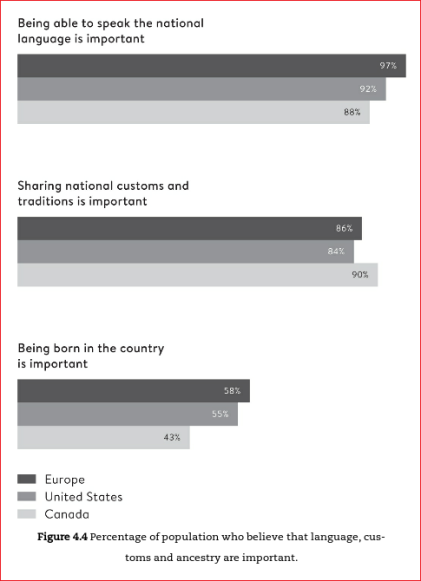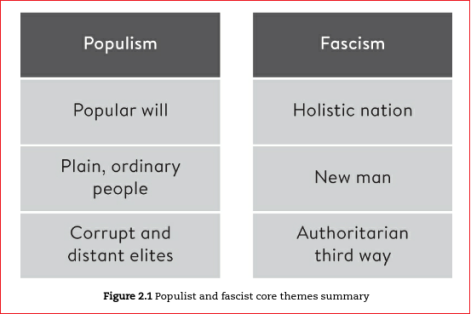Note: Longer and updated version of the article originally published at The Conservative Woman on Tuesday 2nd April 2019
When the definitive impartial, objective history of the 2016-19 traducing of Brexit – and in the process, democracy itself – by Government, Parliament and wider political-class alike, comes to be written, there will be many villains, but few heroes. Among The Conservative Woman‘s excellent Brexit Roll of Honour series, produced as a counterpoint to its equally good Brexit Wall of Shame collection, there must though be a prominent place for the scrupulously unbiddable Steve Baker, the ‘Conservative’ Party’s MP for Wycombe.
In some ways, this should not be a surprise. In sharp contrast to the legacy-Cameroon, pro-EU, neo-Keynesian, Fabian-Blairite tribute-act that the Party has become, he is a rarity. A sound-money Hayekian and adherent to Austrian-School economics, critical of both excessively-loose, expansionary central bank monetary and interest-rate policies and the unrestrained credit-creation capacity of fractional-reserve banking that generate asset bubbles followed by busts: an advocate of low taxes, fiscal rectitude and spending restraint: an unashamed champion of a smaller state, competition, and free markets: and a long-term avowed Euro-sceptic on the grounds of the EU’s inherent economic inefficiency and its glaring democratic deficit, who chaired Conservatives for Britain, which eventually morphed into the successful Vote Leave campaign.
A co-founder of The Cobden Centre think-tank, it’s easy to see from his own writing why he found no favour among the 2010-2015 Coalition’s ‘liberal’-centrist’, political-triangulation obsessed, devotees of sleight-of-hand “Osbrowneomics”, as it came, not at all unfairly, to be lampooned. Though he did serve on the Treasury Select Committee, it’s not difficult to imagine why he was left languishing, under-utilised, on the back benches: inside the Treasury, say, he would have presented a formidable intellectual challenge on economic and fiscal policy to George Osborne, like his predecessor-but-one Gordon Brown, one the most political of Chancellors.
He was among the Tory rebels defying the Government whip to oppose Euro-phile David Cameron by voting in favour of a EU referendum in October 2011, and for a cut in the UK’s EU budget in October 2012, and against the omission of a Referendum Bill from the 2013 Queens’ Speech.
His directly Brexit-related achievements, however, start in September 2015, when, according to Tim Shipman’s “All Out War”, it was Baker who was influential in getting Cameron’s attempt to have the Referendum framed as a Yes/No question, (where, psephologically, “Yes” typically enjoys a significant advantage), rejected by the Electoral Commission, and replaced with the more neutral Remain/Leave choice. Later that month, he was part of the rebellion by 37 Tory backbenchers which helped defeat Cameron’s attempt to weaken the rules forcing ministers and officials to be neutral in the pre-Referendum purdah period.
He upped the ante considerably, however, after May’s post-Referendum unelected coronation, becoming chairman of the backbench European Research Group, and overseeing its activities in promoting a Brexit fully reflecting the historic 2016 vote and the vision of it which May initially (and, as it turned out, deceitfully) set out in her Lancaster House Speech and its Mansion House successor, until he was made a junior minister in the Department for Exiting the European Union in June 2017.
As we now know, he, and the Brexit Department’s other ministers, were cynically used as camouflage, and their work ignored, by May and her Number Ten team in their backstairs operation to produce her now rightly infamous Chequers Plan. On its being revealed in early July 2018, however, and unlike most of May’s largely supine, spineless, careerist Cabinet members, he followed Boris Johnson and David Davis in immediately resigning on principle.
Reverting to the ERG, but now as deputy chairman, he continued oversight and co-ordination of its opposition to May’s Chequers Plan and its equally-flawed Withdrawal Agreement successor. Fortunately, he’s also avoided the temptation, sadly irresistible to its chairman Jacob Rees-Mogg, to deliver naïve platitudes to the media along the lines of “The Prime Minister is an honourable woman who can be persuaded to change her mind”, when the essential untruth of both propositions has long been obvious.
He has become more even steadfast in the recent weeks and days of the near-constant interplay of procedural chicanery between Parliament and Government over May’s cynical attempts to sneak her (non)-“Withdrawal” Agreement through the Commons by repeated votes, opposing most of the options in the Indicative Votes farce.
Where Baker has finally earned his spurs, though, and put his eternal place on any Brexit Roll of Honour beyond dispute, is in his furious reaction in the middle of last week, as, one by one, Boris Johnson, Dominic Raab and Jacob Rees-Mogg all folded and backed May’s deal: ostensibly as the lesser of the two evils of This-Deal or No-Brexit, but almost certainly, in two of the three cases, with an eye to garnering support from soft-Brexit MPs in an imminent leadership contest.
Baker admits that he, too, wobbled momentarily, and at one time had even, reluctantly, decided to back May’s deal: but that, reflecting on what he rightly calls “the spite, pride, mendacity and pitiless commitment to trampling democracy with which we are governed“, decided that he could not, in all conscience, support it, even if that meant resigning the Conservative Whip. He was, and is, evidently made of sterner stuff than his numerous less-principled colleagues.
Addressing them, and starting with a reference to May’s having just addressed the 1922 Committee only a few minutes earlier, Baker let rip.
“I am consumed with a ferocious rage after that pantomime. What is our liberty for if not to govern ourselves?
Like all of you, I have wrestled with my conscience about what to do. But I could tear this place down and bulldoze it into the river. Those fools and knaves and cowards are voting on things they don’t even understand.
We’ve been put in this place by people whose addiction to power without responsibility has led them to put the choice of No-Brexit or This-Deal. I may yet resign the whip than be part of this.”
It’s already been extensively publicised and quoted, and rightly so. It might not attain the legendary status of Cromwell’s “In the name of God, go!” to the Long Parliament, invoked by Leo Amery towards Chamberlain in May 1940, but his “What is our liberty for, if not to govern ourselves?” won’t be quickly forgotten. Nor should it.
Only on Monday 1st April, Baker stated on BBC Politics Live that he could well now vote against the Government in a Commons Vote of No Confidence. With the stage Theresa May’s disastrous bungling and betrayal of Brexit has now reached – colluding with a terrorism-supporting Marxist whom not long ago she condemned as a national security threat and unfit to govern, in order to strangle Brexit, in opposition to half of her own Cabinet and most of her own MPs and Party – Steve Baker should not just support a Vote of No Confidence in her government if there is one, but resign the Whip and actually table it himself.
If by bringing this thoroughly rotten May government down, and swathes of her pseudo-‘Conservative’ MPs down with it, he somehow saved Brexit, then a place on any Brexit Roll of Honour would be among the least of the honours and accolades deservedly heaped on him.
Thoroughly agree with this article? Vehemently disagree with it?
Scroll down to leave a comment

 Huge numbers of the 17.4 million who voted Leave, despite being disparaged as uneducated, stupid and bigoted, actually understood this, instinctively and viscerally, even if they couldn’t all necessarily articulate it lucidly. They knew what was, and still is, at stake. That’s why
Huge numbers of the 17.4 million who voted Leave, despite being disparaged as uneducated, stupid and bigoted, actually understood this, instinctively and viscerally, even if they couldn’t all necessarily articulate it lucidly. They knew what was, and still is, at stake. That’s why 
 Economically, fiscal rigour and low taxes were out, “spending the proceeds of growth” was in. Socially, the Left’s ‘liberal’-‘progressive’ social justice warrior agenda was enthusiastically embraced, not just in its good parts, but in many of its worst aspects as well. Green-ery was accorded the status of incontestable truth, challenging which was tantamount to heresy.
Economically, fiscal rigour and low taxes were out, “spending the proceeds of growth” was in. Socially, the Left’s ‘liberal’-‘progressive’ social justice warrior agenda was enthusiastically embraced, not just in its good parts, but in many of its worst aspects as well. Green-ery was accorded the status of incontestable truth, challenging which was tantamount to heresy.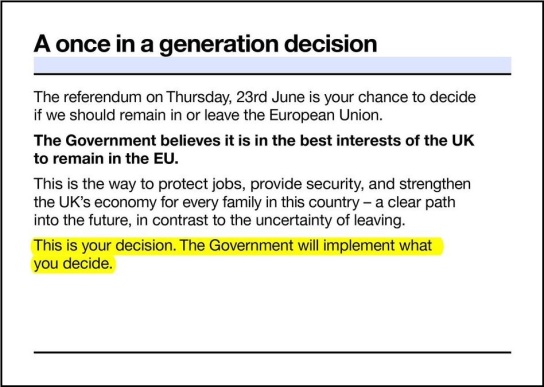


 So, David Cameron, abandon, even if only briefly, your your lucrative but reclusive existence in your
So, David Cameron, abandon, even if only briefly, your your lucrative but reclusive existence in your 


 Rudd has been the main mover behind pro EU membership and pro Euro adoption lobby groups, a
Rudd has been the main mover behind pro EU membership and pro Euro adoption lobby groups, a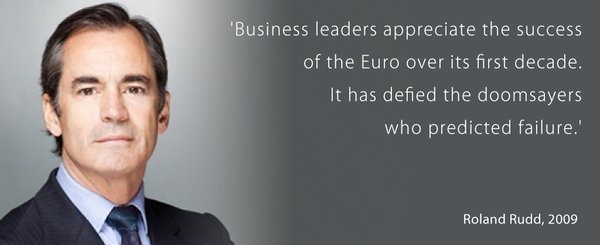
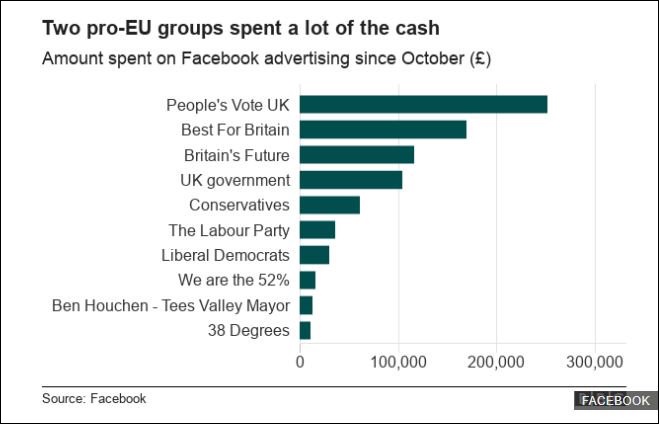



 The principle derives from the political theorist and MP Edmund Burke’s
The principle derives from the political theorist and MP Edmund Burke’s 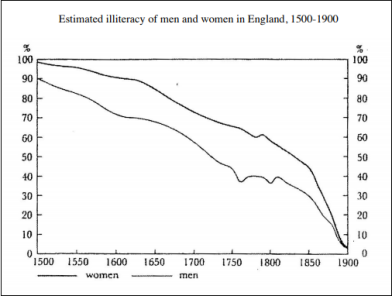 Illiteracy remained at
Illiteracy remained at 



